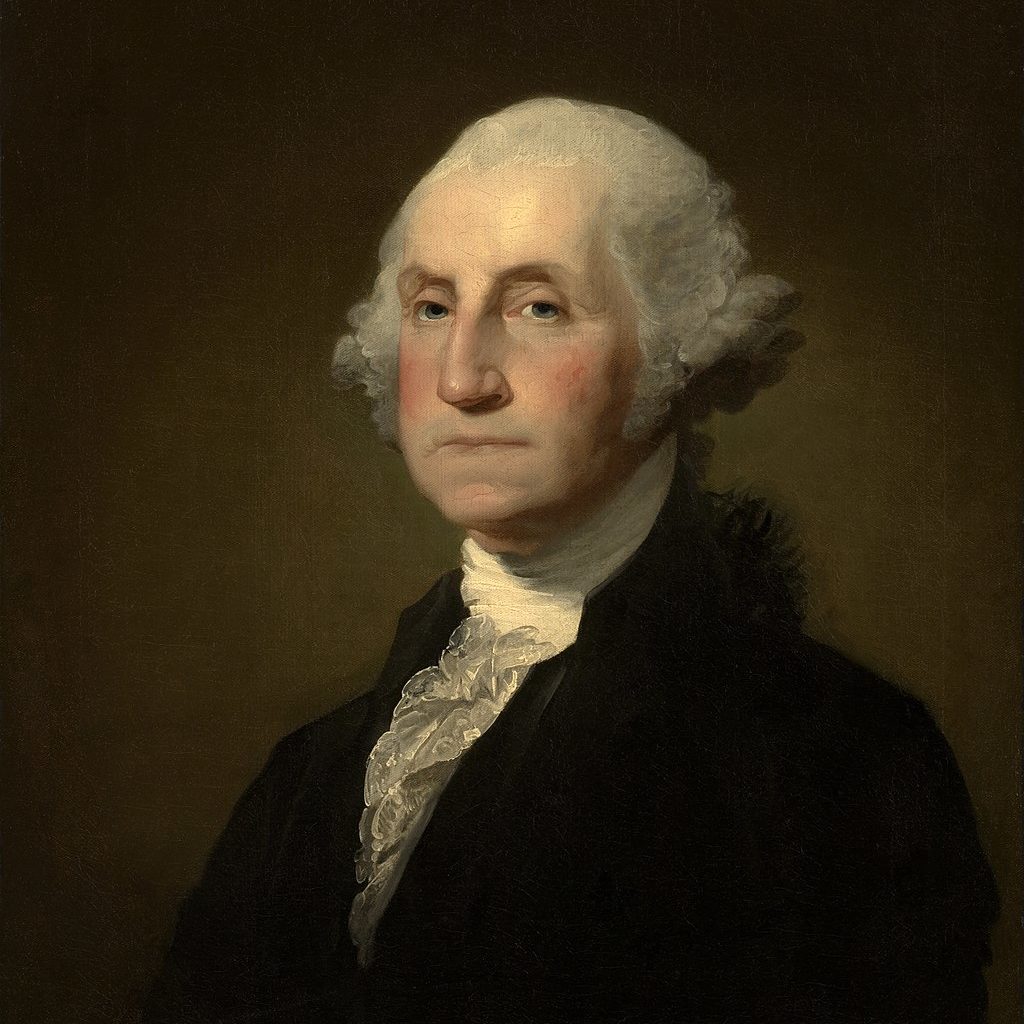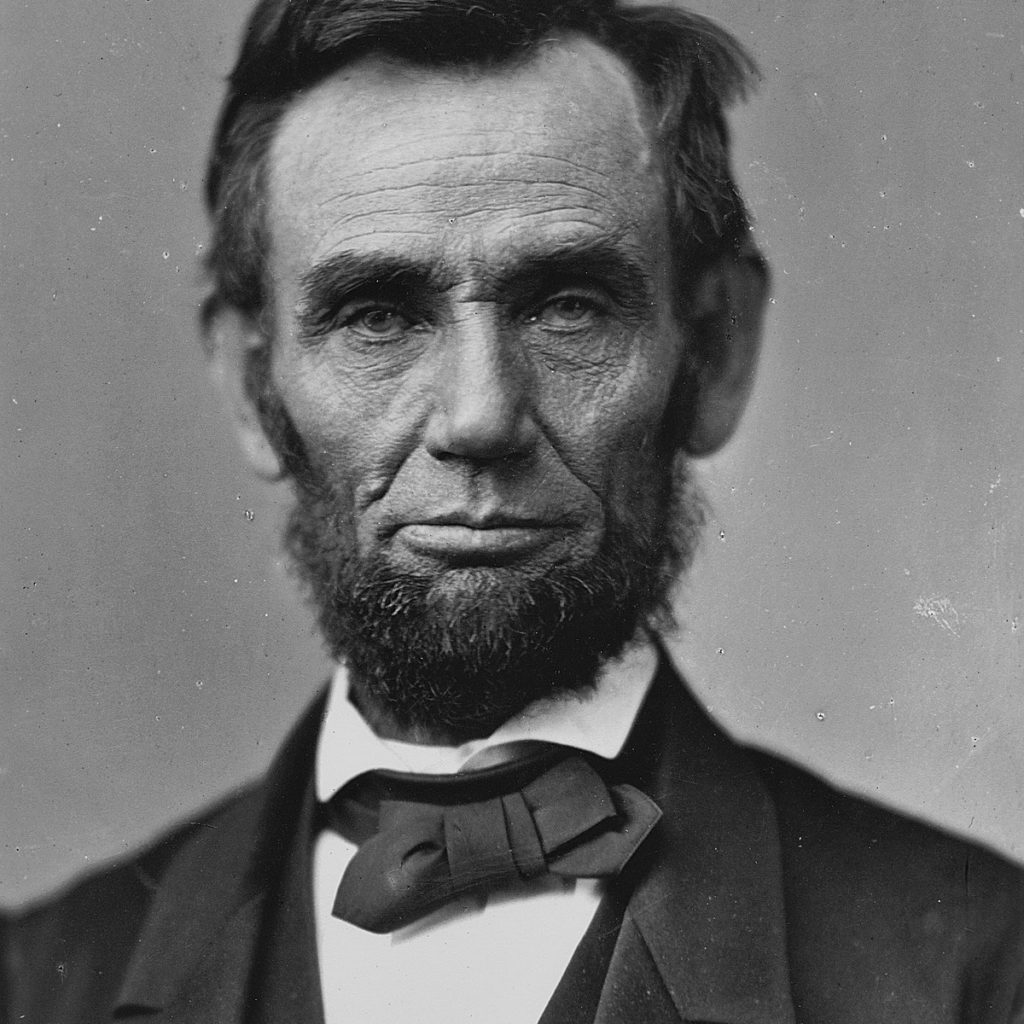In February, there is a wide variety of celebrations and remembrances. Some are fun; some are serious. Some are celebrated internationally, and some are specific to one country. Perhaps the most famous holiday in February is Valentine’s Day (see last year’s post for more information), but this year’s post will talk about other important February holidays.
USA & Canada: Black History Month
In the USA, February is the first of several heritage months, designed to highlight the stories of underrepresented groups.
Black History Month was created in the USA in 1970. However, there had been a Black history week since 1926, started by the Black historian Carter G. Woodson and scheduled for the second week of February (to include the birthdays of Frederick Douglass and Abraham Lincoln). The history week was designed to counter racist, revisionist “lost cause” narratives coming from the former Confederacy and from families of former Confederates. By 1970, the U.S. Congress was willing to create the national recognition in the interest of civil rights. Canada’s parliament chose to adopt the practice in 1995.
Today, the month is often used to highlight the historic accomplishments of past and current Black Americans, as well as address concerns about insufficient or problematic Black representation in media and in positions of authority.
The Republic of Ireland and the U.K. also recognize Black History Month, but in October.
More information on Black history in the USA:
- African American History Timeline (complete, American continent)
- Black History Milestones
- Timeline of Events in African American History (1619-present)
- New York Times: 1619 Project (Videos)
- 1619 Project (Writings)
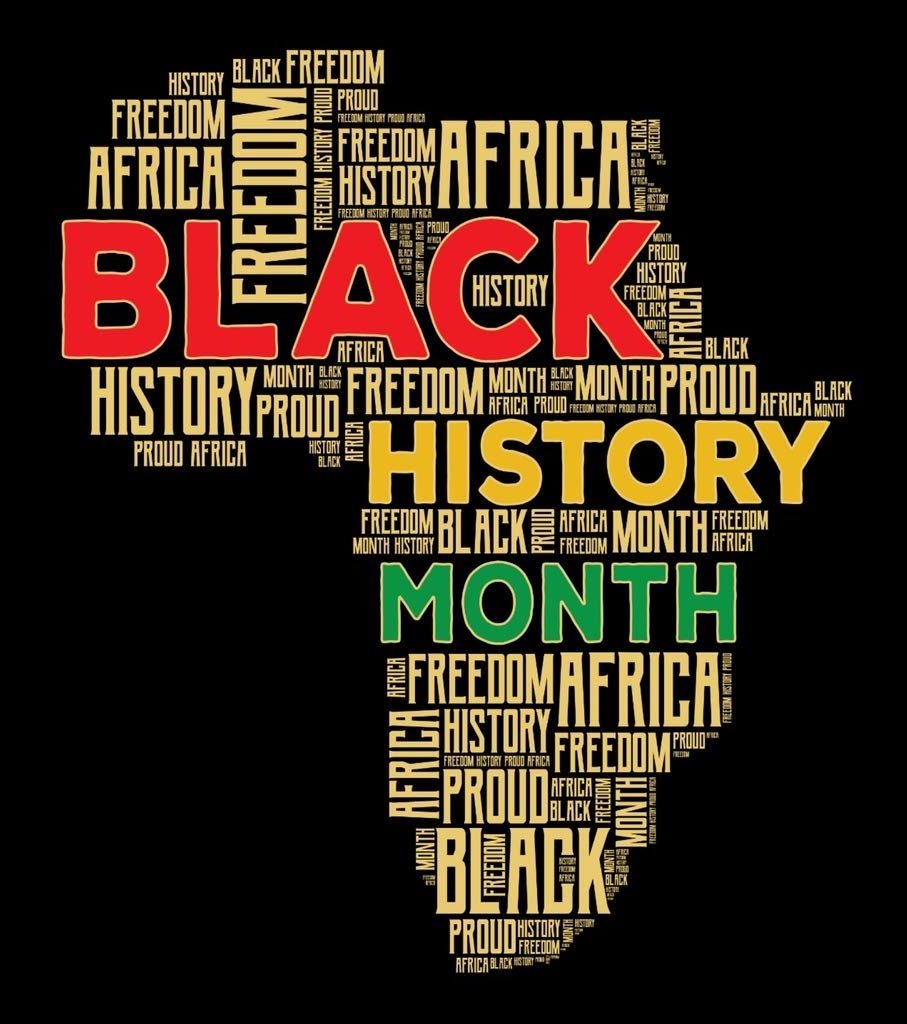
UK: LGBT+ History Month
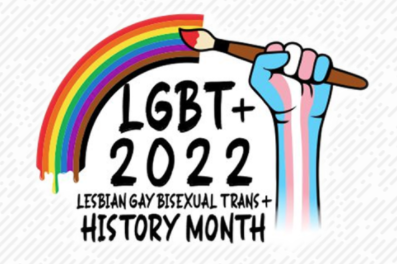
More information on LGBT+ history in the UK:
~ A Short History of LGBT+ Rights in the UK
~ LGBT History (Peter Tatchell Foundation)
~ Key Dates for Lesbian, Gay, Bi, and Trans Equality 1950-now
~ Desire, Love, Identity: LGBTQ Histories
Although LBGT+ History Month started in the U.S. in October 1994 (and is still held in October there), this month of recognition is held in the UK in February since its adoption in 2005. This month was chosen in recognition of the abolishment of Section 28 in 2003. (From 1988-2003, Section 28 made the “promotion” of homosexuality illegal.) Each year, the UK’s LGBT+ History Month has a different theme, and information is added to the national curriculum relating the LGBT+ community to a new school subject. (More information)
Famous LGBT people from the UK include Oscar Wilde (playwright), Alan Turing (mathematician), Maureen Colquhoun (MP), Freddie Mercury (musician), Chris Smith (MP), Justin Fashanu (footballer), Elton John (musician), Miriam Margolyes (actress), Abigail Thorn (actress, YouTuber, and philosopher), Phyll Opoku-Gyimah (co-founder of UK Black Pride), Jameela Jamil (actress), and Nicola Adams (boxer).




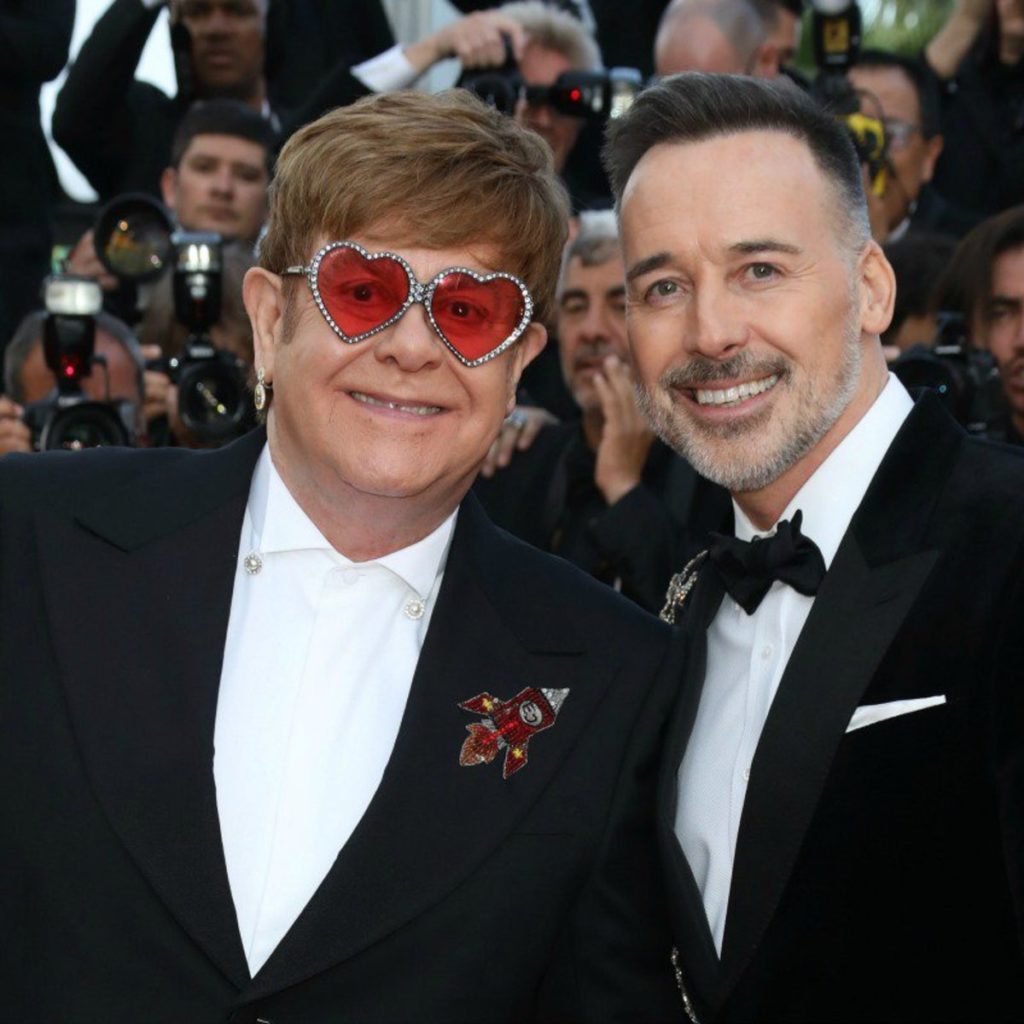
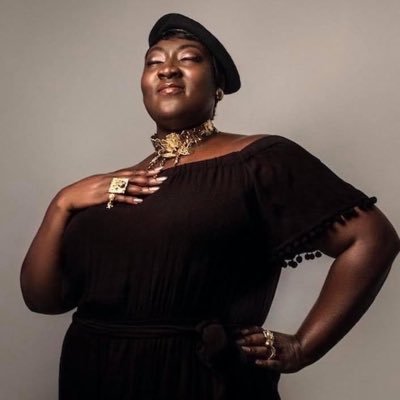
Lunar New Year (February 1st)
Many holidays are celebrated across the world now because of globalization. One example of this is Lunar New Year, which is sometimes called Chinese New Year. Some cities in Australia, the USA, and Canada have parades and events to celebrate the lunar new year each year.
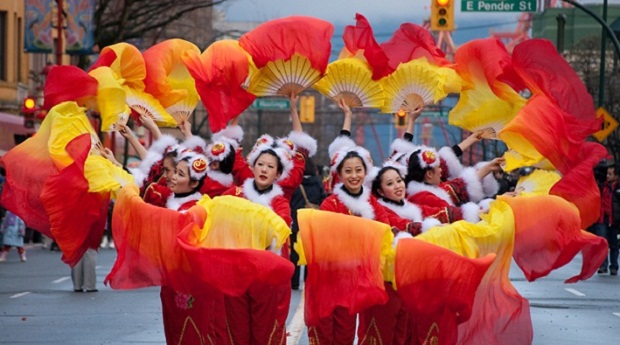

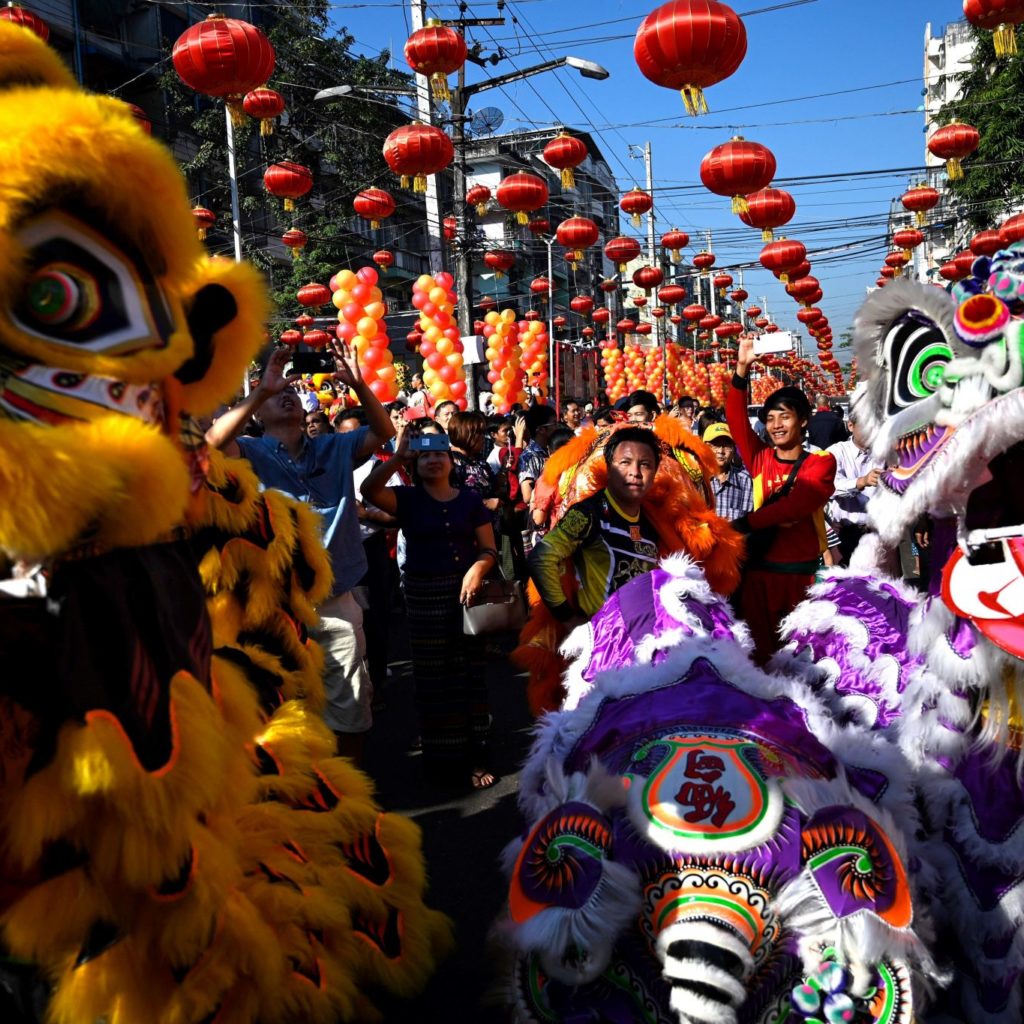
USA: Groundhog Day (February 2nd)
In the USA, specifically in two towns in Pennsylvania, there is an unusual tradition: On the 2nd of February, people gather to watch a man in a top hat lift a groundhog from a box. The tradition claims that if the groundhog “sees its shadow,” there will be six more weeks of winter, but if the groundhog doesn’t see its shadow, then spring is about to arrive. The tradition became internationally famous because of a Bill Murray movie in the 1990s.
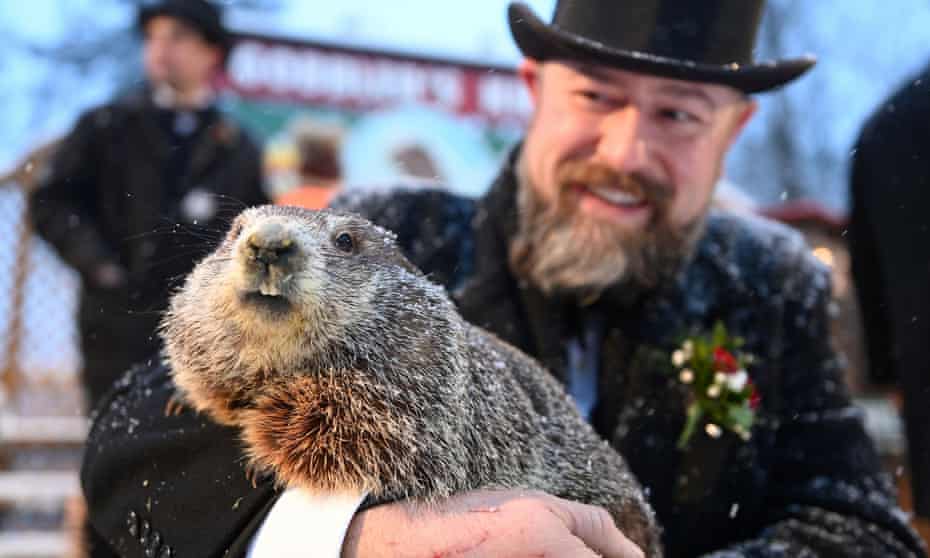
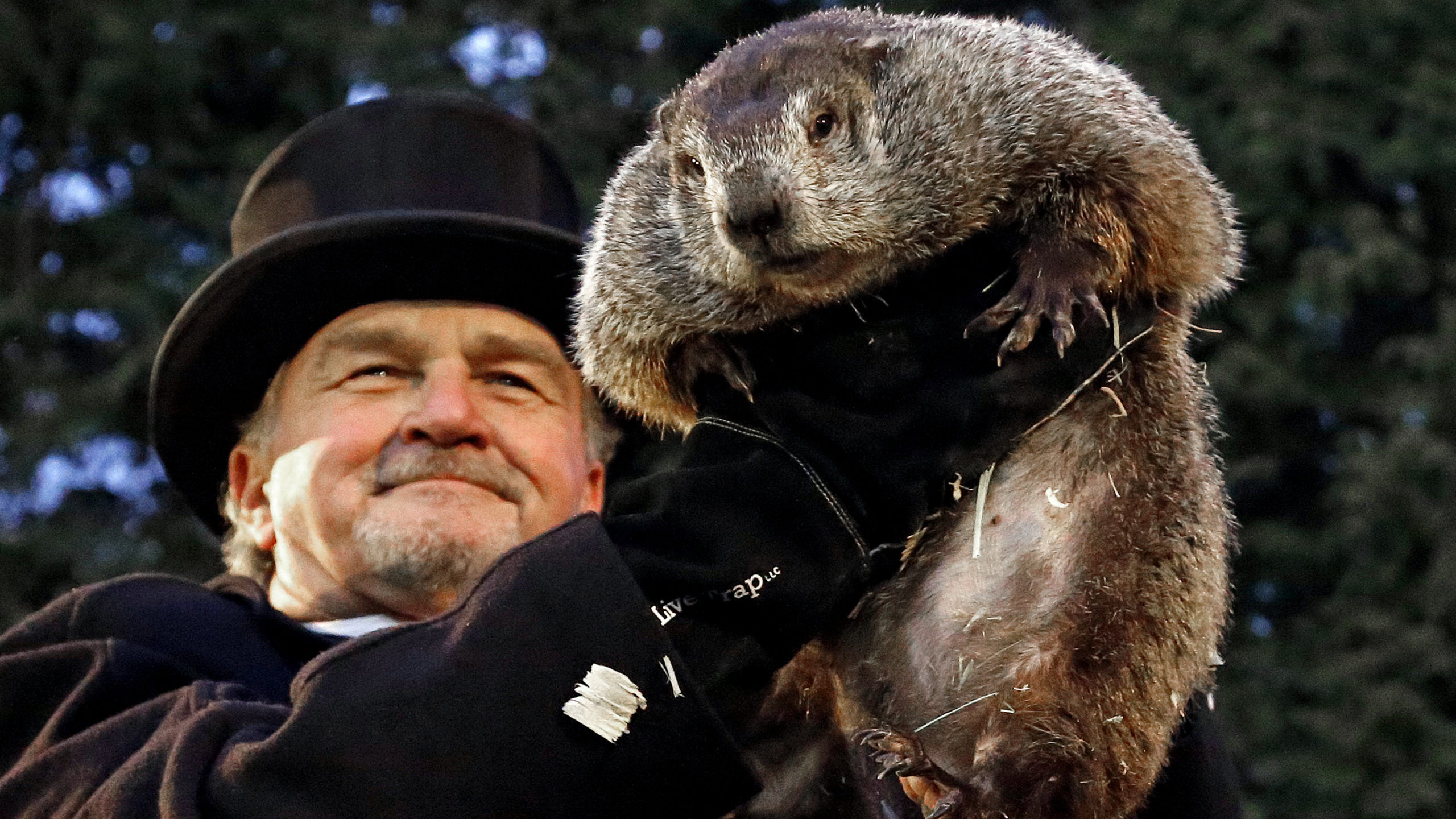
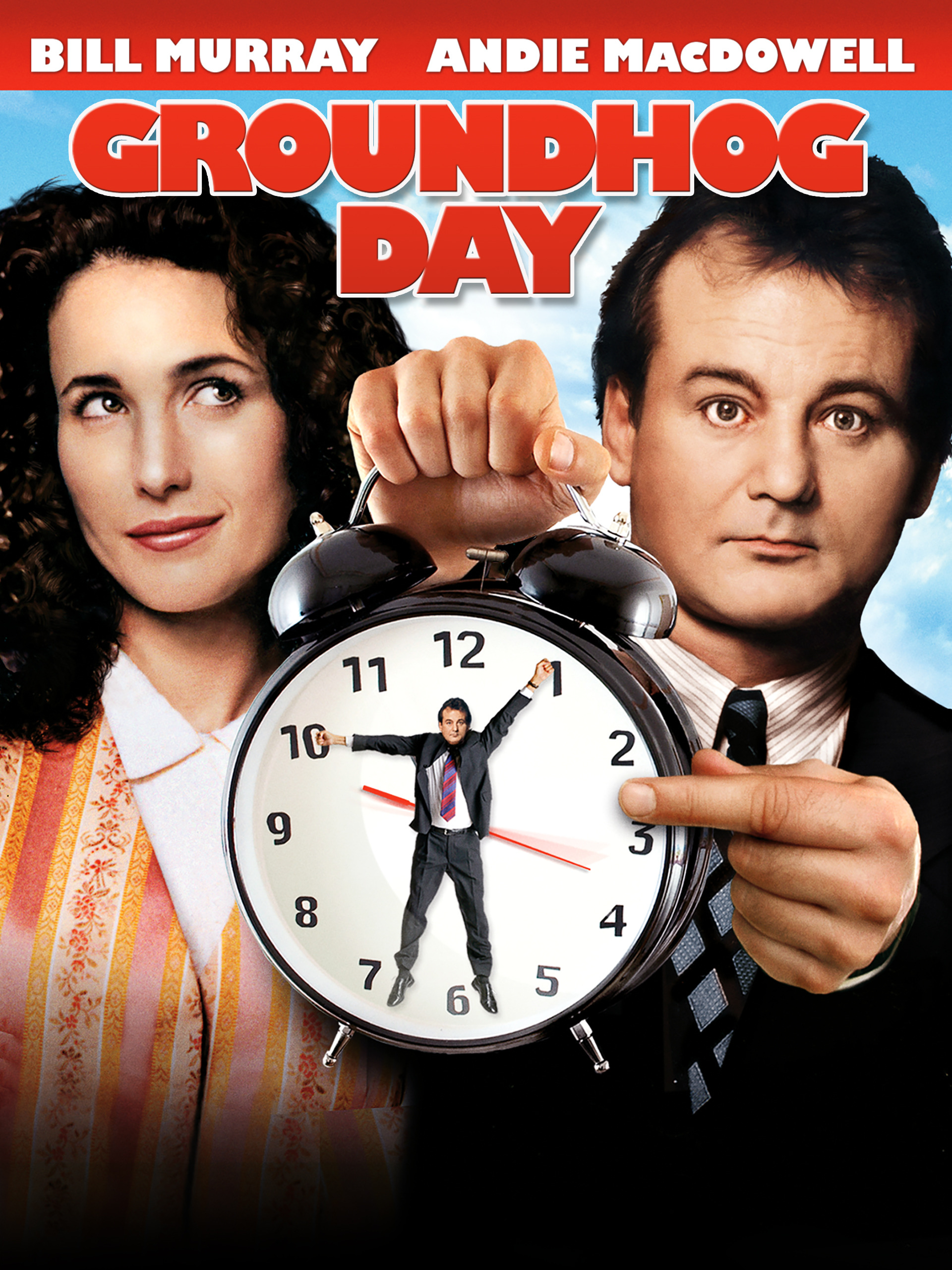
New Zealand: Waitangi Day (February 6th)
Waitangi Day is the national day of New Zealand, similar to Foundation Day in Japan. This day marks the anniversary of the initial signing of the Treaty of Waitangi (6 February 1840). This treaty is regarded as the founding document of the nation. The first Waitangi Day was not celebrated until 1934, and it was made a national public holiday in 1974.
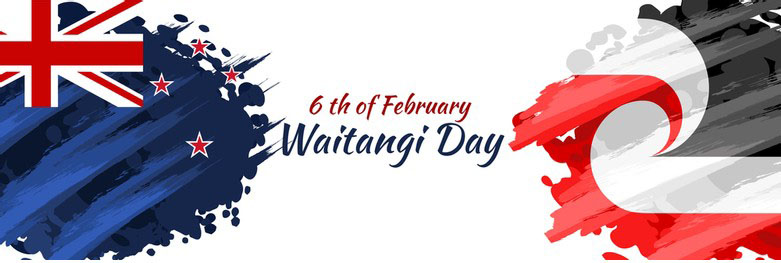
USA: Super Bowl Sunday (February 13th)
In the USA, many people like to play or watch American football. The national championship game for American football is called the Super Bowl. The Super Bowl is always held on a Sunday. It is a popular day for a house party with friends. People usually watch the game on TV, drink beer or soda, and eat chicken wings, potato chips, tortilla chips with guacamole, queso, or seven-layer dip, and other popular snack foods. The Super Bowl game is popular to watch not just for the sport, but also for the fancy half-time music show and the unique commercial advertisements, which are usually made specially for the game day.


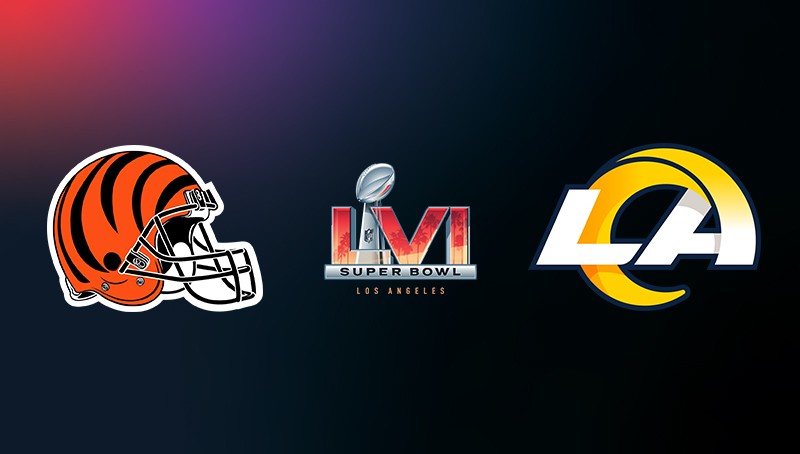

USA: Presidents’ Day (February 21st)
In the past, the USA had separate national holidays for George Washington’s birthday (1st president, February 22nd) and for Abraham Lincoln’s birthday (16th president, ended the Civil War, February 12th). However, when MLK Jr. Day was added as a holiday, the government needed to remove one holiday. Now, Presidents’ Day is on the third Monday of February.
